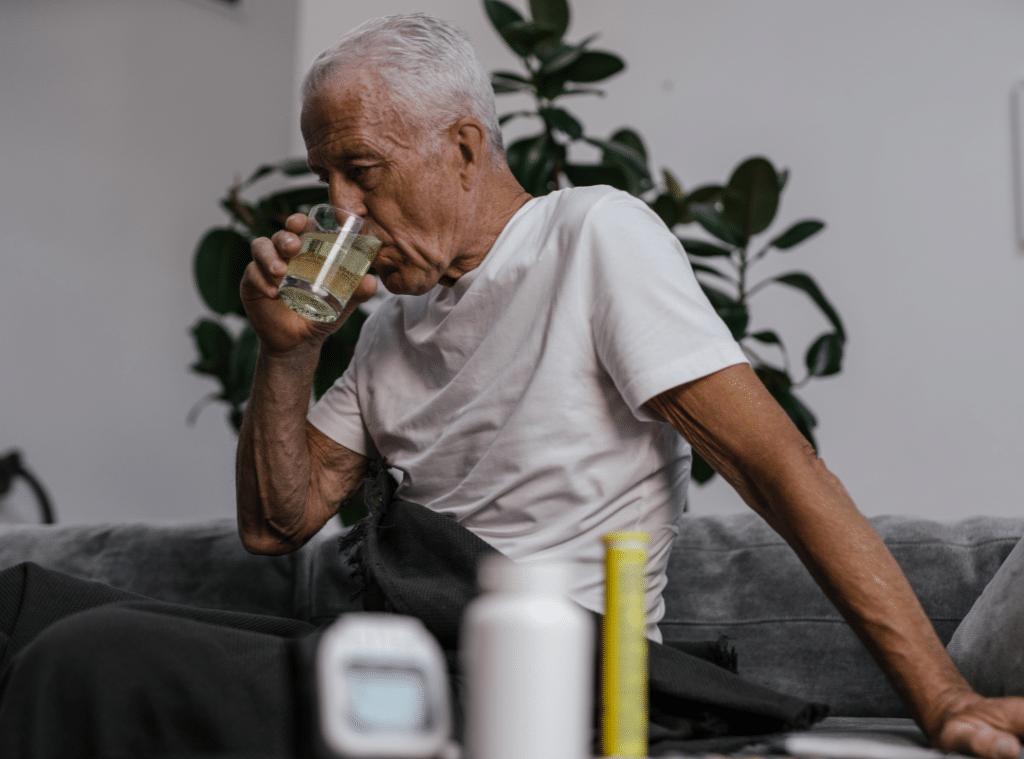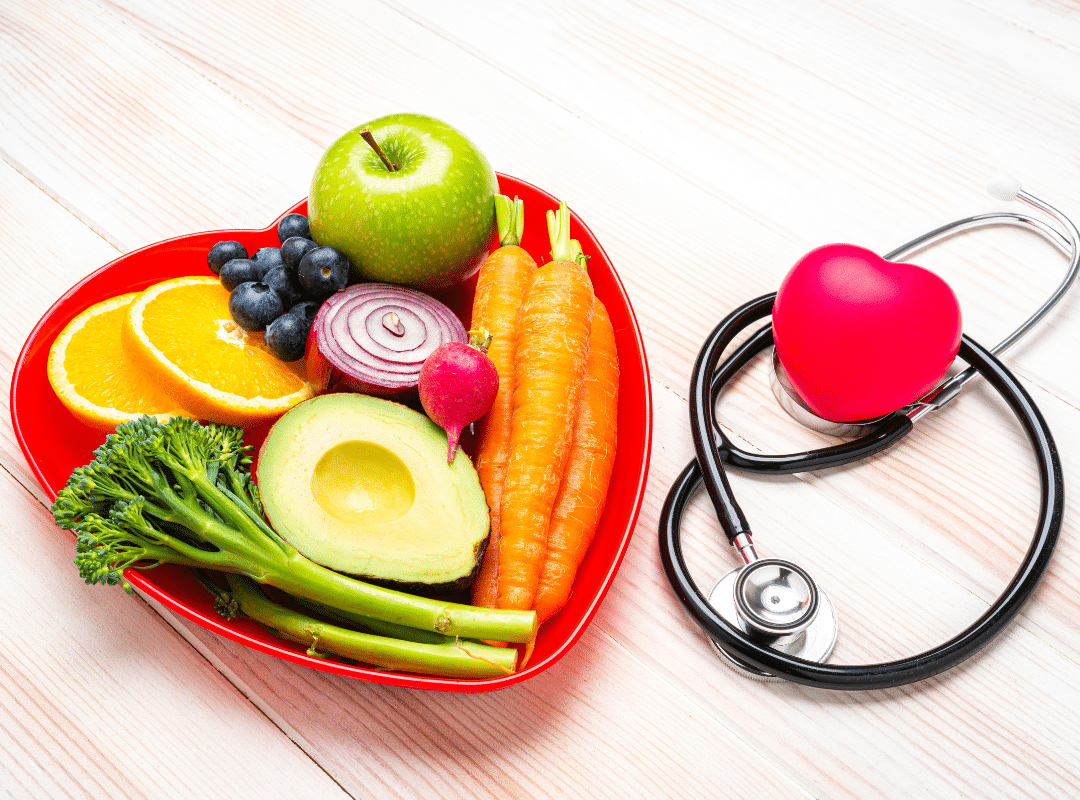Smart Hydration Tips for Seniors for Better Health Outcomes
Staying hydrated is vital for your health, especially as you age.
It’s easy to overlook hydration, but small changes can make a big difference. Keeping a water bottle close by can be a gentle reminder to sip throughout the day.
Plus, incorporating fruits and veggies into your meals boosts hydration and adds essential nutrients.
Are you curious about how much water you should be drinking daily?
Let’s explore some smart hydration tips tailored just for you, brought to you by The Westland House.
Hydration Tips for Seniors: Staying Healthy and Hydrated at Any Age
Staying adequately hydrated becomes even more crucial for your health and well-being as you age. Dehydration can lead to serious health issues, so drinking enough fluids daily is essential. Start by incorporating water-rich foods like fruits and vegetables into your meals. Consider keeping a water bottle handy to remind you to sip throughout the day. If you struggle with plain water, try herbal teas or flavored waters. Set reminders on your phone to encourage regular drinking. It’s also beneficial to make hydration a social activity; enjoy a glass of water while chatting with friends or family. Financial assistance programs can also help seniors access healthy lifestyle resources, including proper hydration. By prioritizing hydration, you’re not just caring for yourself—you’re setting an example for others to follow, fostering a culture of health and well-being.
How Much Water Should a 90-Year-Old Drink Daily? A Guide to Proper Hydration
Staying hydrated is essential at any age, but it becomes even more important as you reach your 90s. Your body may not signal thirst as effectively, so aim for 6 to 8 cups of water daily. This can include fluids from soups, fruits, and vegetables. Listen to your body; if you feel fatigued, dry mouth, or dizziness, it’s a sign you need more water. Encourage loved ones to check in on your hydration, and keep a water bottle nearby as a reminder. Making hydration a habit can improve health outcomes, helping you stay active and engaged. Additionally, consider exploring financial assistance programs that can support you in maintaining a healthy lifestyle, including proper hydration. Your well-being is a priority, and staying hydrated is a key part of that journey.
Recommended Water Intake by Age: How Hydration Needs Change Over Time
Understanding how hydration needs change with age is fundamental for maintaining health and well-being. As you age, your body may require different amounts of water. Generally, adults should aim for about 2.7 liters (91 ounces) for women and 3.7 liters (125 ounces) for men, including all beverages and food. However, seniors often need less due to decreased activity levels and metabolic changes. Listening to your body is essential; if you feel thirsty, drink! Keep an eye on your urine color—pale yellow indicates proper hydration. Remember, adequate hydration supports digestion, kidney function, and overall vitality. Additionally, many seniors may benefit from affordable senior living apartments that promote a supportive community and encourage healthy hydration habits. By staying mindful of these changes, you can help guarantee that the seniors in your care remain healthy and hydrated.
Can an Elderly Person Drink Too Much Water? Understanding Overhydration Risks
While staying hydrated is essential for seniors, it’s important to be aware that drinking too much water can lead to overhydration, which poses serious health risks. Here are four key risks to take into account:
- Electrolyte Imbalance: Excessive water can dilute essential minerals in your body.
- Kidney Stress: Your kidneys may struggle to excrete the surplus, leading to potential damage.
- Swelling: Overhydration can cause cells to swell, resulting in discomfort or confusion.
- Increased Blood Pressure: Extra fluid can elevate your blood pressure, impacting heart health.
Being mindful of your water intake guarantees you stay healthy and energized. At facilities like The Westland House, personalized care ensures residents receive guidance on maintaining proper hydration levels. Always consult a healthcare provider if you have concerns about your hydration levels. Your well-being matters!

Hydration Guidelines for Aging Adults: Finding the Right Balance
Finding the right balance in hydration is crucial for aging adults, as your body’s needs change over time. Staying adequately hydrated helps maintain overall health and supports essential functions. Here’s a simple guideline to help you gauge your hydration needs:
| Activity Level | Daily Fluid Intake (oz) | Notes |
| Sedentary | 64-80 | Adjust based on comfort |
| Light Activity | 80-96 | Include water-rich foods |
| Moderate Activity | 96-112 | Increase during physical exertion |
| Hot Weather | 96-128 | Drink extra fluids as needed |
| Illness/Recovery | 112+ | Consult a healthcare provider |
Listen to your body, and remember to consult your doctor when you are unsure about your hydration needs.
Just like a plant needs water to thrive, staying hydrated is essential for your health as you age. At The Westland House, we encourage you to keep a water bottle close, enjoy hydrating foods, and engage socially during meals to make hydration a natural part of your daily routine. Remember to check your urine color and be aware of any dehydration signs. Prioritizing fluid intake isn’t just about quenching thirst; it’s about nurturing your overall well-being for a vibrant, healthier life. For more tips and support, feel free to contact us at 734-326-6537.
FAQs: Hydration Tips for Seniors
What is the fastest way to hydrate an elderly person?
The fastest way to hydrate an elderly person is to provide small, frequent sips of water or an oral rehydration solution. If they are mildly dehydrated, fluids containing electrolytes, like Pedialyte or sports drinks, can help replenish lost nutrients. You can also offer water-rich foods such as watermelon or cucumber to make hydration easier. In cases of severe dehydration, medical attention may be necessary, and intravenous fluids may be required to rehydrate quickly.
What is the best drink to hydrate seniors?
Water is the best drink to hydrate seniors as it is free of additives and quickly absorbed by the body. For seniors who dislike plain water, adding a splash of fruit juice, herbal teas, or electrolyte drinks can make hydration more appealing. Milk and unsweetened coconut water are also excellent options, as they provide hydration along with additional nutrients. Avoid drinks high in sugar or caffeine, as they can lead to dehydration.
How much water should a 70-year-old drink per day?
A 70-year-old should aim to drink approximately 7-8 cups (56-64 ounces) of water per day, depending on their activity level and health conditions. Factors like warm weather, physical activity, or medications can increase the need for fluids. Seniors need to listen to their bodies and stay ahead of thirst, as the sense of thirst diminishes with age. Including water-rich foods in their diet can also help meet daily hydration needs.
What are 4 ways you can hydrate correctly?
- Drink Water Regularly: Sip on water throughout the day, even if you’re not thirsty.
- Incorporate Hydrating Foods: Include water-rich foods like soups, fruits (e.g., oranges, watermelon), and vegetables (e.g., cucumbers, lettuce).
- Choose Hydration-Friendly Drinks: Opt for water, herbal teas, or electrolyte drinks instead of sugary or caffeinated beverages.
- Monitor Fluid Intake: Use a water bottle with measurements or set reminders to ensure you’re drinking enough throughout the day.

